
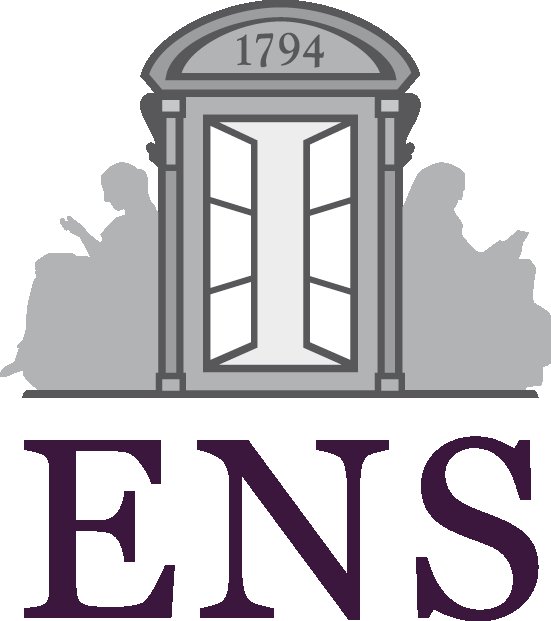
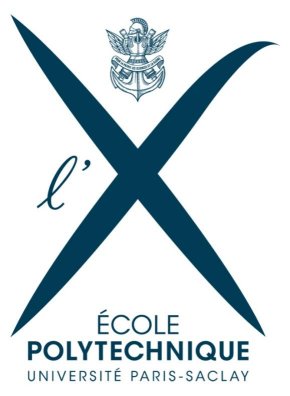
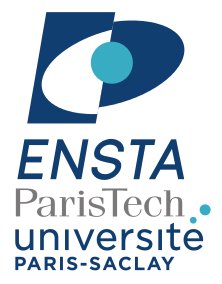
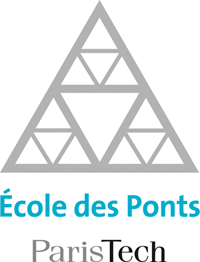
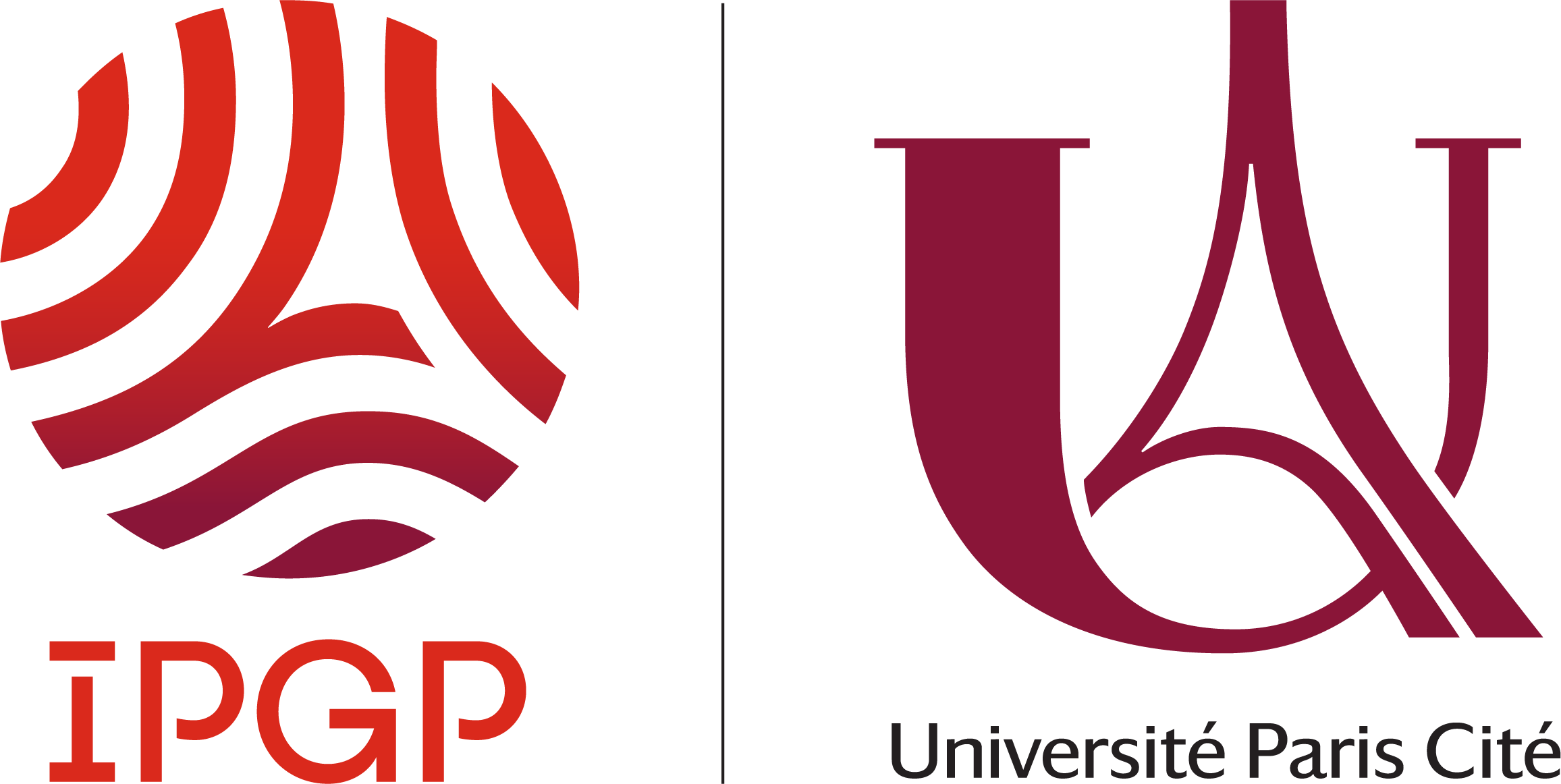

page updated on 12 September 2022
The M2 "Fundamentals of Remote Sensing" stems from of the DEA of the same name, created in 1983 under the aegis of the Centre National d'Etudes Spatiales (CNES). Its objective is to train specialists in remote sensing, a discipline that took off in the 1970s to become omnipresent in our daily lives, since entire economic sectors are now associated with it. Beyond the current applications in Earth observation (mapping of land resources, agriculture, urban planning, natural hazards, pollution...), remote sensing is also a fundamental research axis in the sciences of the Universe (environmental physics, global changes, geophysics, solar system exploration, space instrumentation...). The M2 "Fundamentals of remote sensing" is the result of a partnership between several public higher education institutions in Paris and its region.
|
|
     |
  |
|
|
Sciences de l'océan, de l'atmosphère et du climat (SOAC) | Sciences de la Terre et des planètes, environnement (STPE) |
|
|
Météorologie, Océanographie, Climat, Ingénierie pour les Observations Spatiales (MOCIS) | Fundamentals of Remote Sensing (FRS) |
| AFFICHE |
At the M1 level, courses are separated and organized at the level of each specialization (MOCIS, TTS). At the M2 level, the "Fundamentals of
Remote Sensing" courses are common to all institutions: the training is centered on the physical bases of remote sensing, to which engineering sciences are added. Students have the choice between
two distinct optional modules for a total of 6 ECTS (European Credit Transfer System). The lectures take place in Paris intra-muros, on the
campuses of Sorbonne Université (5th arrondissement),
Université Paris Cité (13th arrondissement) and the
Institut de Physique du Globe de Paris (5e arrondissement). They are
accompanied by weekly seminars and by practical work in the field or in research laboratories. An initiation course to the methods of observation
(SIMO) of three days is organized in the course of October at the Observatoire de Haute Provence. This supervised work allows a better pedagogical follow-up of
the students. The end of the second semester is devoted to a four-month research internship (from the end of February to the end of June) carried out full-time, in France or abroad, in public or private organizations.
In some cases, internships may extend into the summer. There are generally between five and ten times as many internship proposals as there are students.